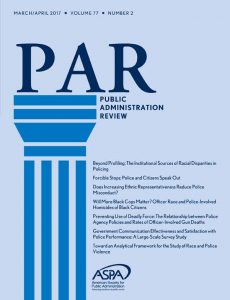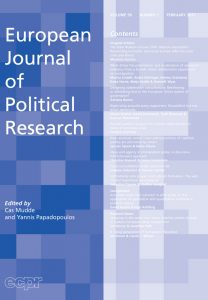On the mutual exclusivity of science and religion and other cognitive clashes
Dena T. Smith
This week’s Science Times profiled Dr. Francis S. Collins, the recently appointed director of The National Institutes of Health. The article (below) points to clashes between Collins’ belief in God and his identity as a scientist. Collins, who is best known for his involvement in the Human Genome Project, which set out, in the early 1990’s to do just what it sounds like it might – map the human DNA – is also a religious man. Further, Collins believes that his scientific training aides him in an explanation of faith. His colleagues at NIH seem, at the very least, troubled by Collins’ faith, given the nature of his career (and theirs). How can a man who dedicates his days to mapping genes and who now directs the institutes dedicated to health-related research believe that God exists and is responsible for much of what scientists believe to be natural or man-made phenomena? While this is certainly a fascinating example of the clash between science and religion, this saga points to an assumption often made by social psychologists and laypersons alike: belief in God and Science are mutually exclusive. Belief in Science and God seem to be competing ideologies – a belief in one seems to necessarily preclude a belief in the other, especially when we’re talking about issues like the origin of the species. In fact, Darwin’s demise is a perfect example of the fervent debate and even the anger that erupts in both the scientific community, when presented with deep belief in religion and that likewise exists in religious communities when scientists disregard the possibility that God plays a role in our world. But perhaps the clash need not be experienced as something so great.
In extreme brevity, Social Psychologists have long claimed (since the days of Leon Festinger) that, if one holds multiple attitudes or ideologies that do not match up or if those attitudes do not match with behaviors, one will be naturally be motivated to reduce any tensions that ensue. This is the classic understanding of cognitive dissonance and there are several ways that individuals can manage this uncomfortable feeling. Generally, we adjust our cognitions about the behavior. In other words, we assuage our distressing feelings by thinking about our actions or behaviors in ways that align with our attitudes. We might assume that being a scientist and staunchly believing in God would cause some dissonance – and it does, for many of the NIH scientists who work with Collins. But, for Collins, the two are not in contest with one another – or he has found a cognitive mechanism that works for reducing any tension between his two competing attitudes. When asked how he would respond to advances in cloning, Collins told Harris, the Times reporter that “science illuminates the work and language of God.” In many cases, a belief in God prevents an openness to scientific practices that alter genes, and/or use genes in “unnatural”ways, but belonging to a scientific community can also inhibit acceptance of religious beliefs. In this case, Collins’ colleagues do not experience dissonance that would need any sort of management because their behaviors do not clash with their beliefs (they clearly do not believe in God – at least not to the extent Collins does), but for Collins, his multiple, probably competing attitudes must be reconciled. In his case, he seems to be saying that he will not let his religious beliefs interfere with his scientific practice (and clearly vice versa, since he continues to be devoutly religious). While The Times discusses this as a cultural clash, it is also a moment for students of cognitive dissonance to take note of how pervasive the need to reduce uncomfortable tensions can be, especially when faced with colleagues or other important, influential figures who point out to us the possible tensions between our beliefs and our behaviors.
![]() For N.I.H. Chief, Issues of Identity and Culture
For N.I.H. Chief, Issues of Identity and Culture
![]() Cognitive dissonance theory in the Blackwell Encyclopedia of Social Psychology.
Cognitive dissonance theory in the Blackwell Encyclopedia of Social Psychology.







The vast majority of the world’s peoples do not view themselves simply as material beings responding to material exigencies and circumstances, but rather as beings endowed with spiritual sensibility and purpose.
The historic dichotomy between reason and faith is a false dichotomy. They are complementary dimensions of human nature that both engage in the process of discovering and understanding reality; they are both tools that enable human beings to apprehend truth–however limited in conception.
Taken together, science and religion provide the fundamental organizing principles by which individuals, communities, and institutions function and evolve. Utilizing the methods of science allows people to become more objective and systematic in their approach to problem solving and in their understanding of social processes, while drawing on the spiritual inclinations of individuals provides the motivational impetus that begets and sustains positive action. Meaningful transformation of the conditions of society does not simply involve the acquisition of technical skills, but more important, the development of qualities and attitudes that foster cooperative and creative patterns of human interaction.
http://info.bahai.org/science-and-religion.html